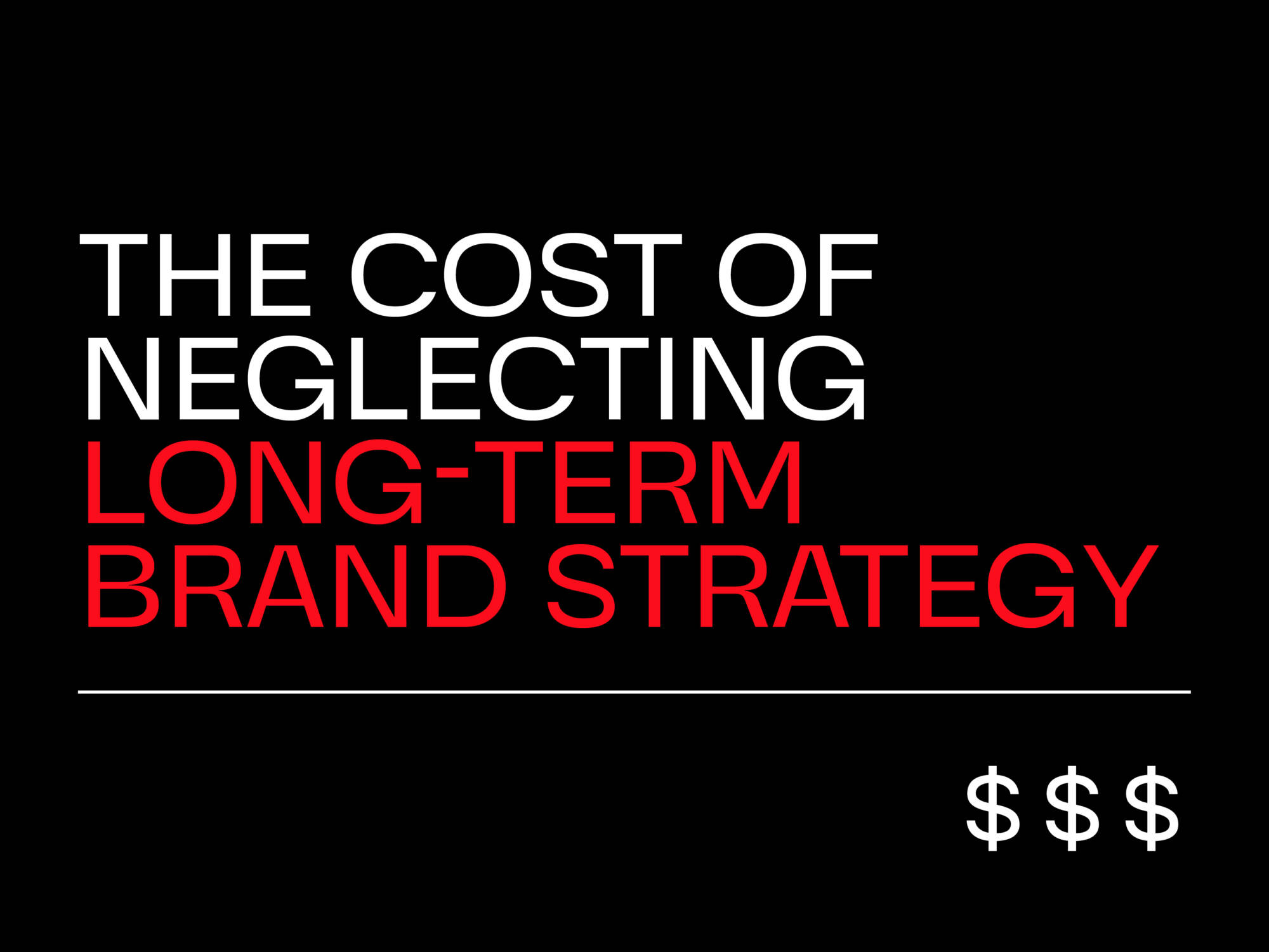Marketing to Millennials
It’s easy to criticise preceding generations, often assigning them negative stereotypes and behaviours. From the Baby Boomers’ damaging effects on the economy, to Gen X’s ‘what’s in it for me’ attitude and Gen Z’s short attention spans…none of us are exempt. But one group seems to draw the most controversy and debate when it comes to the future of our workplaces.
Millennial – a person reaching young adulthood in the early 21st century.
A quick google search of Millennial will bring up a variety of different results, often with negative statements including having a poor work ethic or a dependence on technology. However, despite these damning stereotypes, with Millennials projected to make up a whopping 70% of the Australian workforce by 2025¹, brands will have to try and understand what makes this generation tick in order to grow and develop.
Millennials have proven a difficult target market, even causing entire industries to shrink away. Decreasing golf participation, soft drink and alcohol consumption and even falling mayonnaise sales can be attributed to them². So why are so many brands and businesses failing to hit the mark? Firstly, we need to understand Millennials themselves.
What makes a Millennial?
Digital natives – Millennials were the first to grow up in the age of revolutionary technology, which raised a generation of digital natives who interact predominantly through online communication platforms and social media.
Supporting a cause – Millennials are more likely to use the services and/or products of companies that support a cause they believe in, meaning they’re more likely to engage with brands who display more ethical and social behaviours.
Environmentally conscious – In a recent study conducted by Deloitte³, it was found that climate change, protecting the environment and natural disasters all rated in the top percentage of concerns for millennials.
Information overload – We’ve all become jaded by the promises of businesses and brands and Millennials are no exception. It’s been reported that Millennials are particularly sceptical of businesses’ motives, believing that their commitment to improving the world and ability to be trusted are questionable⁴.
Experiences over things – Rejecting material ownership, Millennials are choosing to put their money towards experiences, which can be attributed to the growing ‘Experience Economy’ that promotes sharing unique experiences with others.
This provides us with snapshot of this generation which can help guide brands. However, time and time again, many brands have struggled to strike the right balance in their targeted messaging and advertising. Some have hit the mark with their content and messaging (Airbnb, Nike, Apple, Netflix) whilst others have sorely missed (see the PR disaster that was Kendall Jenner’s Pepsi ad).
What can we do to reach them in a positive way?
Be genuine
Say what you mean and mean what you say. In today’s age of social media, online reviews and ratings, Millennials, amongst other generations, are much more likely to share their personal experiences of your brand via social media platforms. By ensuring your brand is genuine and open with how you offer your services and products, you will build trust and loyalty with your consumers.
Stand for something
A lot of businesses still have a ‘profit over planet’ philosophy that doesn’t resonate with Millennials who are a strong force behind pushing for change in society. Companies that reduce their carbon footprint, support a cause and become involved in the local community are likely to create better relationships with their customers. These simple acts are not only positive contributions to society but help to improve how consumers perceive your brand.
Work together
What is the key demographic in your workplace? To be successful is to be open- minded. Including and consulting all generations within your workplace is key when creating a brand strategy or marketing campaign. Every generation has different values when it comes to what they believe is important.
At DAIS we have a multi-generational team, providing a mix of different voices and perspectives to inform our projects. It’s a way for us to cover all bases and ensure that the messages we’re sending out will resonate with a wider audience.
Despite facing doubts and uncertainty from older generations, Millennials continue to powerfully disrupt and change the way we work, play and communicate. With the future soon belonging to them, it’s important to make changes now to keep up with the rapid growth of our industries and new ways of thinking that each generation brings.


